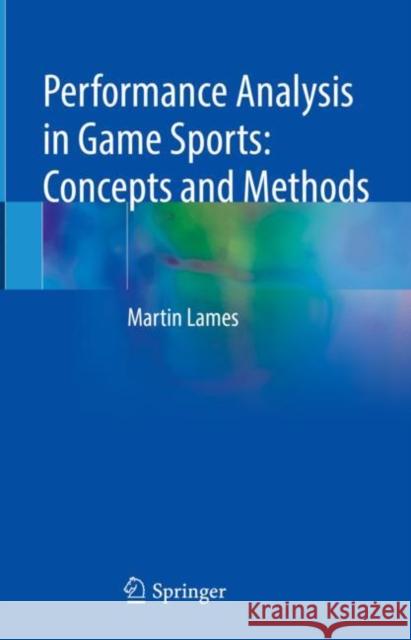Performance Analysis in Game Sports: Concepts and Methods » książka
topmenu
Performance Analysis in Game Sports: Concepts and Methods
ISBN-13: 9783031072499 / Angielski / Twarda / 2023
Performance Analysis in Game Sports: Concepts and Methods
ISBN-13: 9783031072499 / Angielski / Twarda / 2023
cena promocyjna 290,97
(netto: 277,12 VAT: 5%)
581,94
Rabat: -50%
Najniższa cena z 30 dni: 424,07
(netto: 277,12 VAT: 5%)
Rabat: -50%
Najniższa cena z 30 dni: 424,07
Termin realizacji zamówienia:
22 dni roboczych
22 dni roboczych
Darmowa dostawa!
Zobacz inne książki w promocji: Wyprzedaż publikacji z zakresu nauk stosowanych
Kategorie BISAC:
Wydawca:
Springer International Publishing AG
Język:
Angielski
ISBN-13:
9783031072499
Rok wydania:
2023
Wymiary:
23.5 x 15.5
Oprawa:
Twarda











